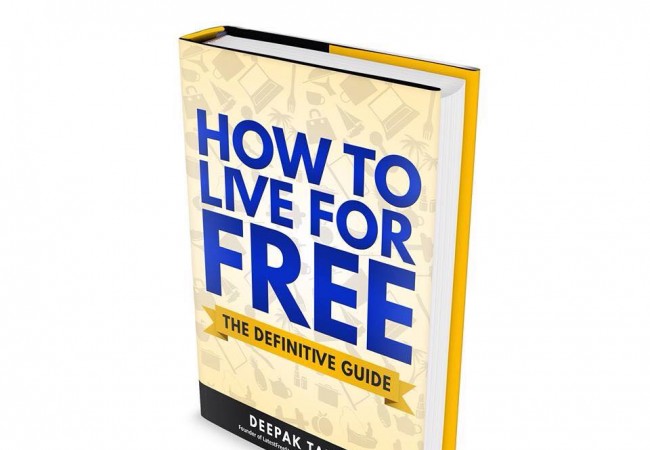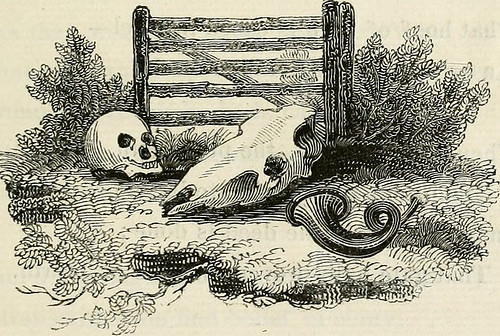You can live for free, be anywhere, do anything. Deepak…

How new generations can be richer than the old (without owning property)
I read a snippet comment piece in the Evening Standard this week.
It was a comment from an older journalist and he said something like this:
“My younger colleagues in the Evening Standard office often complain and remind me that my generation had it good: we could afford to buy our own house, we got good pensions and great social care. While that’s true, I remind them they have gender equality and educational opportunities that just weren’t available for us.”
This comment made me think. Both parts were true. I wondered what else my generation is lucky to have. While the majority of us [in the UK] will never own our own homes there must be many things we do have that wasn’t available to those of the past.
How the new generation can be richer than the past (without owning property)
Food – Go to your local supermarket and you’ll find food from around the world. A Medieval King would never have even dreamt of having so much food, of such quality and diversity. Not only that, it’s cheap. Our generation may not ever be rich land owners, but we can sure eat better than them.
Clothing – Has anyone in the history of mankind ever had so many clothes? And again, at such a fraction of the cost? Take a look at this table of living costs from 1888. An overcoat cost £1, 18 shillings. In today’s prices (use this calculator from The National Archives; it calculates to the year 2005) that would cost us £104.81. We can now buy one from Primark at £20 – £30 (not that I recommend them).
Travel – using the same 1888 cost of living table and in today’s money calculator, you can see Victorians would spend £2,597 on travel (not commuting) per year. But it wouldn’t get them very far. Below, a map from the recently digitised 1932 Atlas of the Historical Geography of the United States, shows how in 1830 it’d take six weeks just to get half-way across the USA. And this was with railroads.
Our generation can get to the other side of the world in less than 24 hours and for about half their annual travel budget.
Budget airlines didn’t exist until 1991 (Ryanair, then EasyJet in 1995) and now you can buy a return flight from London to Oslo, Norway, for £9. Travel is a major currency of the New Rich.
Entertainment – access to more films, music, documentaries, stories, art, photography, talks and more than we’d ever be able to consume in our lifetime. And it’s all free (if you know where to look). The internet has enabled us to pass the time in ultimate comfort: watching and listening to what we want, when we want it.
Furthermore, the growth of cities has meant there are more gigs, theatres, dance shows and more than ever – at a lower price than ever too. Doing things, experiencing activities, learning new skills: these are also the currency of the New Rich.
- Interesting side note: London’s population has remained remarkably steady between 1901 and 2015. It’s currently at 8.6 million, but hit the 8 million barrier at 1931 and again in 1951.
- See population change for New York
Education – you can learn anything you want for free. Any skill, any language, any knowledge. The only thing you don’t get for free is willpower. That you have to work on yourself. YouTube, Facebook, Wikipedia, MeetUp, Quora, Instructables, Google… these are tools with which you can use to learn. I’ve used the internet to learn to code, Portuguese & Italian, graphic design (which led to the creative design studio I opened in London, FullScream), philosophy on Reddit, to play the berimbau – a Brazilian instrument), and improved my Capoeira through Instagram.
While our generation talk about a lack of job satisfaction – what Anthropologist David Graeber calls bullshit jobs – we should also note we have access to the resources to change career and learn new skillsets faster than ever before.
In my short 25 years, I’ve worked as a barman, waiter, retail assistant, restaurant manager, nightclub promoter, Osteopath reception manager, digital marketer, website designer, marketing manager, corporate communications officer, director of creative agency and suit tailor. I’ve published a book, launched a podcast, guest lectured at Universities (University College London, CASS Business School and City University), had articles published in major newspapers, magazines and online news. And not one bit of it was taught to me at school. All of it was self-taught.
We may not be able to own a house at current prices but we have the power to travel anywhere, eat, do and learn anything.
And think about this for a second: the whole point the generations before us bought a house was so that they could get that very same power.
Life isn’t about ownership. When people die they don’t count what they owned. They count what they did. So start doing, start living.
Image: New Generations by Stefano Corso via Flickr




The very opportunities mentioned here also give one the ability to build a business with almost no upfront capital. Property investment requires a large down payment (opportunity cost) which can stifle one from investing in alternative investment activity.